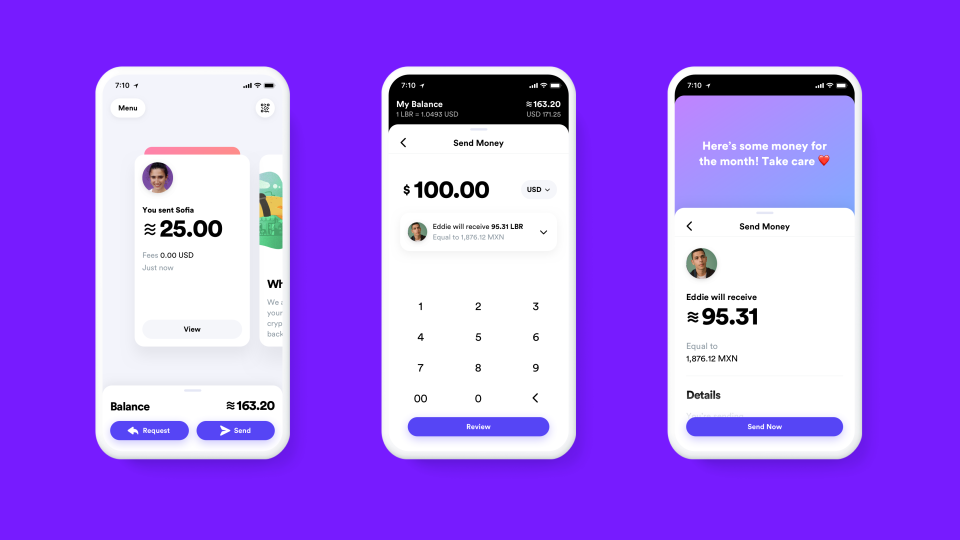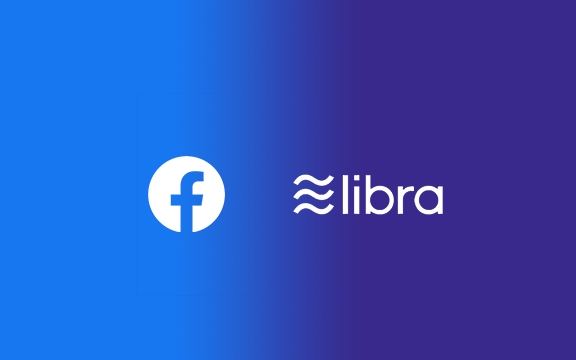During Facebook’s launch of Instagram Checkout function in March, we’ve foreseen the tech giant developing its own payment solution. Now, this prediction came true and Facebook has announced its new cryptocurrency–Libra. Facebook plans to launch Libra by 2020 alongside partners including PayPal, Uber, Spotify, Visa, and Mastercard.
What is Libra?
- A new digital currency which aims to deliver on the promise of “the internet of money”.
- It has the attributes of the best currencies: stable, resistance to inflation, globally accepted, and interchangeable.
- It is stored in an individual app named Calibra.
- Users can transfer Libra within Facebook Messenger & WhatsApp.
- Users can pay online with Libra for free or charged by Facebook for a small fee (i.e. profit for the company).

A preview of Calibra. Image source: Facebook Newsroom
What are the possible advantages Libra brings for different parties?
- For all users, it is more cost-effective than overseas bank transfer.
- In the viewpoint of developing countries, they can have access to stable banking & financial services.
- As SMEs, this could become a great opportunity for them to develop their business internationally via FB and IG without multi-currency issue.
- For individuals, the association of Whatsapp (owned by Facebook) and Libra could be extremely convenient for peer-to-peer payments.
How does Facebook’s cryptocurrency Libra involve marketers?
Facebook already stated clearly that they will not link Calibra users’ social and financial data. This means that marketers will not have access to Calibra customers’ account for the purpose of ad targeting on Facebook. However, just because marketers cannot obtain data from Libra spending, does not mean that marketers would not benefit from it.
Having a common currency that eliminates pricey online and cross-border transaction fees actually encourages business. Consumers might prefer to buy on Facebook as Libra is supposedly easy and economical for making in-app payments. As a result, prompting more customer transactions and motivating companies to increase their business activities on Facebook. This, in turn, can drive more demand for Facebook ads.
Furthermore, although Facebook will not provide financial data collected from Calibra to advertisers, it can still obtain valuable information to improve its ad system. Imagine this, If users pay with Libra instantly when they see an ad, Facebook will be able to identify what exactly triggers consumers to make the purchase decision. With this knowledge of customer behavior, Facebook can modify its ad targeting algorithm and make advertising more efficient.
Nevertheless, all these advantages really depend on how well users and merchants accept Libra, along with how much data from Calibra Facebook can disclose. In any case, brands and marketers should be prepared for the changes brought by Facebook’s Libra cryptocurrency in 2020.
Read the full article on Bloomberg Opinion and Fortune.
Interested to know more about Facebook advertising, don’t hesitate and contact us!



